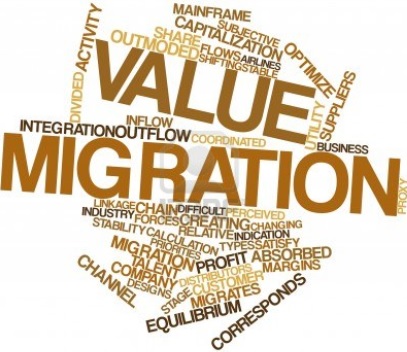“What does disruptive innovation really mean?” a conversation with John Mitchell
Posted on

What does disruptive innovation really mean? Defining disruptive innovation seems simple and yet I have found no simple answers. Disruptive innovation means very different things to different people: some use as a synonym for “big innovation”; others equate it with novelty. And, as there is mounting pressure to “think different”, disruptive innovation gets great publicity. This may come at the expense of clarity in…



